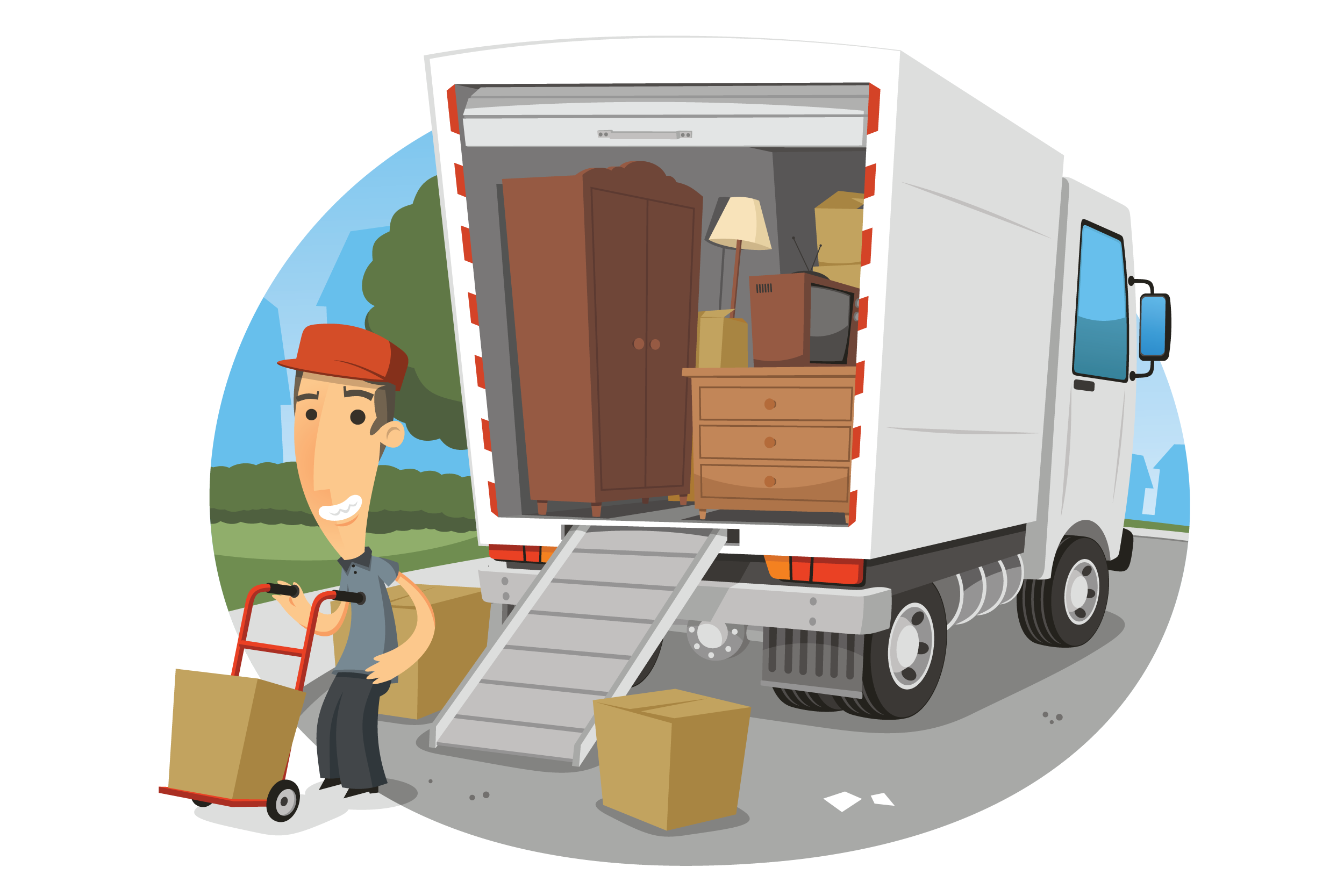Relocating can be one of the most stressful experiences in life, whether you are relocating across town or setting out on a faraway journey to a new place. Grasping the ins and outs of relocation services can help reduce some of this stress and make the transition easier. From selecting the right movers to understanding what to expect during apartment relocations and home relocations, this guide will provide you with important insights to manage your moving journey with confidence.
In this comprehensive guide, we will explore the various options available for in-town relocation and long-distance moving, offering suggestions on how to decide on the right services for your requirements. No matter if you are relocating to an apartment or a larger home, having the right resources at your disposal is essential for making certain your move is organized and efficient. Let us explore into the world of relocation options to help you make knowledgeable decisions and attain a hassle-free transition to your new residence.
Choosing Suitable Relocation Services
When preparing for a move, whether it’s a short-distance or cross-country transition, choosing suitable moving services is essential for ensuring a seamless experience. Start by evaluating your specific requirements. Consider the dimensions of your current home and the amount of items you need to transport. In case you are moving from an apartment, you may require expert moving professionals who understand the logistics of dealing with stairs or tight hallways. Residential relocations vary significantly, so selecting a provider that matches your unique situation will facilitate the process smoother.
Then, research different relocation firms and assess their reputations. Search for customer feedback and testimonials to gauge their trustworthiness and service quality. Ensure that the moving companies you evaluate provide a variety of services, such as packing assistance, loading/unloading assistance, and storage options. Certain firms may even have experience handling specific types of moves, such as apartment moves, which can be advantageous if you are residing in a multi-story complex.
Finally, get estimates from various companies to compare costs and service options. Make certain to clarify what is covered in the quote, as additional charges for gas, tolls, or packing supplies can occasionally catch off guard customers. Understanding the cost structure will help you reach an informed choice. In the end, the right movers should fit with your financial plan while providing the professionalism and efficiency needed for a successful move.
Tips for a Seamless Relocation
Preparing for a move can feel overwhelming, but with the proper approach, you can make the process much easier. Start by creating a comprehensive moving checklist that includes all the things you need to finish before the big day. This can help keep you systematic and on track. Make sure to set a timeline for each task, allowing ample time for packing, communicating with moving services, and addressing any logistical details involved in your move.
When it involves packing, take the time to simplify your belongings. This is a great opportunity to donate or offer items you no longer want. Consider organizing your items by type and labeling boxes accordingly. This will not only make unpacking easier but can also help your movers understand how to handle each box. Plan carefully about what you pack first, ensuring that everyday essentials are readily available during the move.

Finally, don’t hesitate to ask for help. Whether it’s enlisting friends for home moves or hiring professional movers for residential moves, support can reduce much of the anxiety associated with moving. Additionally, ensure you let know any special requests to your moving services well in advance, especially for long distance moving, to ensure a smooth transition to your new place.
Understanding Moving Expenses
When organizing a move, comprehending the costs linked to moving services is essential for a hassle-free transition. The expenses can differ significantly based on various elements. In the case of short-distance moving, costs are often calculated based on the distance between your current and future residence, as well as the volume of belongings you have. In the case of long-distance moving, pricing structures might include the weight of your items, the mileage covered, and any extra services requested, such as packing or storage.
Additionally, it is crucial to take into account other possible charges that may arise during the moving procedure. These can include charges for boxes, furniture disassembly and putting it back together, and any special handling for fragile items. For flat moves, where space can be restricted and entry to elevators may be restricted, extra costs may apply. Understanding these potential costs can help you plan financially well and avoid surprises on the day of the move.
Lastly, obtaining estimates from multiple movers can give you a better understanding of expenses involved. Many moving companies offer free consultations and price estimates based on your unique needs. Make sure to ask about all possible fees to get a complete picture of your total relocation expenses. Through thorough investigation and preparation, you can ensure that you select the best relocation solutions that fit within your financial plan.

